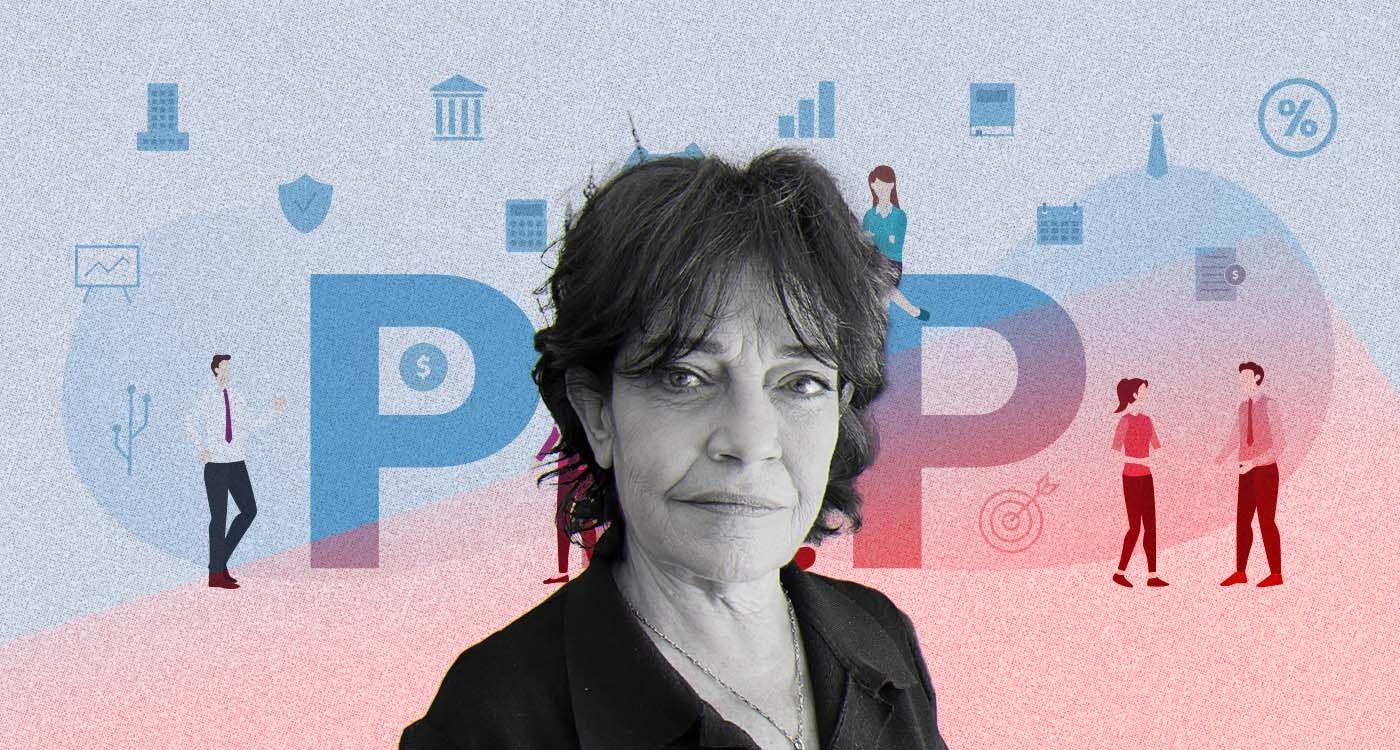
Minister of Finance Yassine Jaber is making Public-Private Partnerships (PPPs) a cornerstone of his economic strategy. Determined to modernize what he sees as an outdated legislative framework, he announced on Tuesday the imminent revision of Lebanon’s 2017 PPP law. The goal is to attract investment in infrastructure, which is essential for any sustainable recovery. Today, Lebanon clearly lacks the means to match its ambitions.
Jaber wants a smarter, more effective PPP law, one that reflects the lessons of what he describes as a disappointing past. He was rather clear in an early July statement to An-Nahar, as he sharply criticized the PPP contract between Electricité du Liban (EDL) and service providers, calling it a “big lie.” He believes the deal should have been annulled long ago.
At the same time, the minister is pushing to speed up the appointment of regulatory authorities within public service ministries. This is an essential step, since no public-private partnership can be legally concluded in their absence. No authority equals no contract.
PPPs and State Assets
For decades, public economic debates were dominated by an ideological divide between advocates of state management and supporters of the private sector. Should the state retain control of strategic infrastructure, or should it hand it over to the market? Today, that divide is fading: the question is no longer who owns what, but who can manage it best.
The concept of Public-Private Partnerships (PPPs) emerged from this search for efficiency. The state no longer has to build, fund and operate everything on its own. In many cases today, the private sector finances, builds and runs the projects, while the public sector oversees, regulates pricing and ensures quality. This hybrid model brings together the strengths of both worlds: the agility and resources of the private sector, and the public sector’s commitment to the common good.
PPPs in Lebanon: Informal or Incomplete
Eight years after the adoption of PPPs law, Lebanon has seen very few formalized projects under this framework, even though PPPs can take many forms. Some cases barely scratch the surface of what a PPP entails. For example, take waste management in Beirut: it was long handled by Sukleen under a contract that could be similar to a public service delegation.
Electricity generation is another telling case. Private generators, ubiquitous across Lebanon, have long filled the gaps left by EDL, operating without clear regulation or formal contracts. The same applies to water and sanitation, where in some areas, private firms manage local water systems, sometimes under the oversight of international organizations.
However, for real PPPs to take root and succeed, three core conditions must be met: lasting institutional stability, total transparency in contract procurement and, above all, a strong and independent regulatory authority.
No Strong Regulation, No Fair Partnership
“In public services, no fair or accountable PPP contract execution is possible without the presence of an independent regulatory authority,” says Professor Nicole Ballouz Baker to This is Beirut. She sees such bodies as indispensable to balancing the interests of public and private partners.
In the event of a dispute, the state, being a party to the contract, cannot act as judge, jury and regulator all at once, she warns. In other words, role overlap must be avoided at all costs, as it undermines both transparency and contractual fairness, regardless of the PPP model in use.
Risks Often Underestimated
Economist Ballouz Baker cautions against the illusion that PPPs offer a quick fix, especially in fragile countries like Lebanon, where both financial and institutional foundations are weak.
“A public-private partnership is not a magic wand,” she asserts. By nature, these long-term contracts (often spanning 10 to 20 years) cannot foresee every eventuality. Renegotiations are common and frequently come with high transaction costs: complex procedures, extended delays and significant legal fees.
And that’s not all. In weak institutional contexts, the risks of corruption, nepotism and favoritism skyrocket.
“Opaque alliances between public decision-makers and private operators can distort competition and betray the very spirit of partnership,” she warns.
In Lebanon, the challenge is clear: build strong institutions to harness the potential of PPPs without falling prey to their possible pitfalls.




Comments